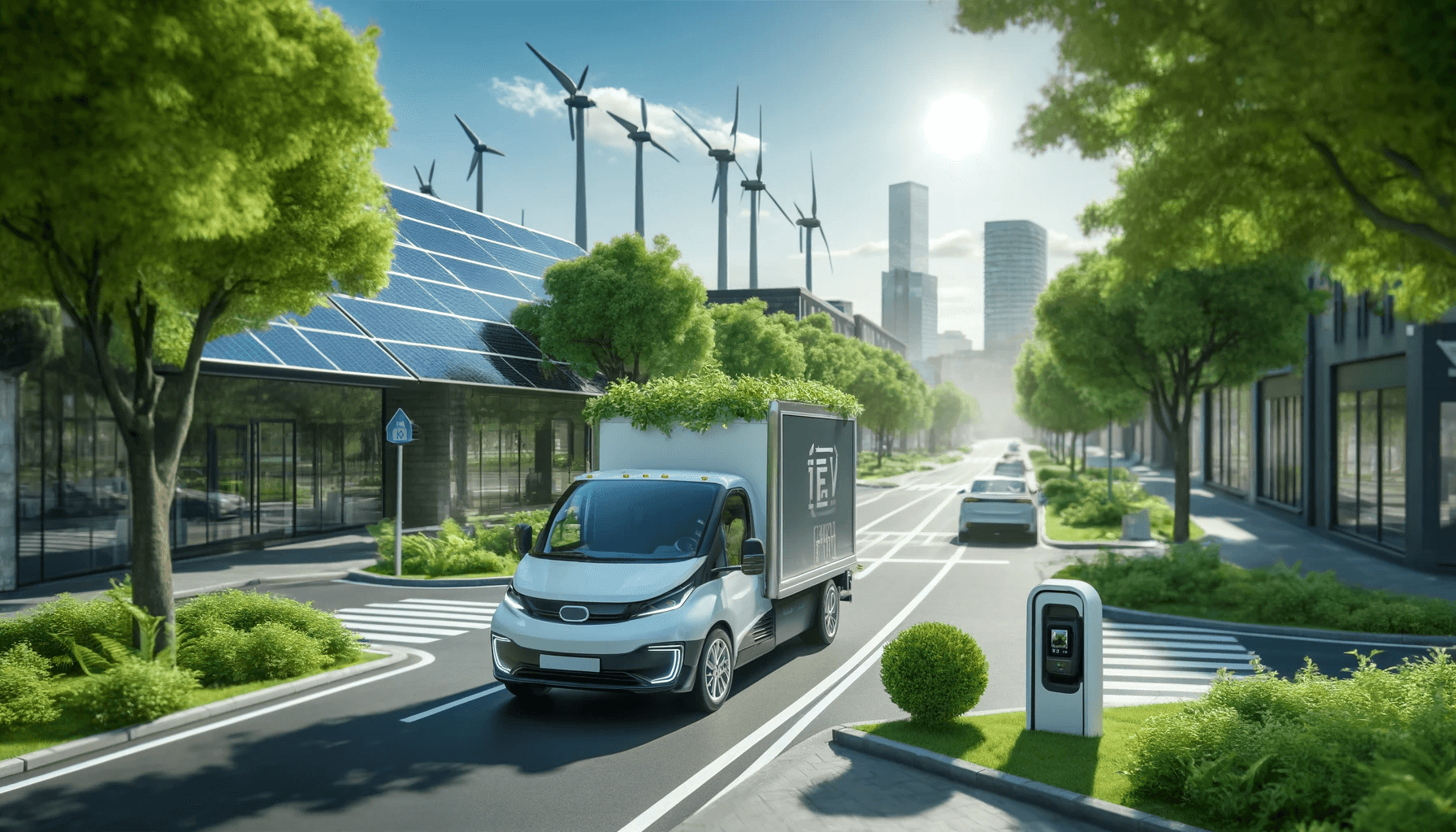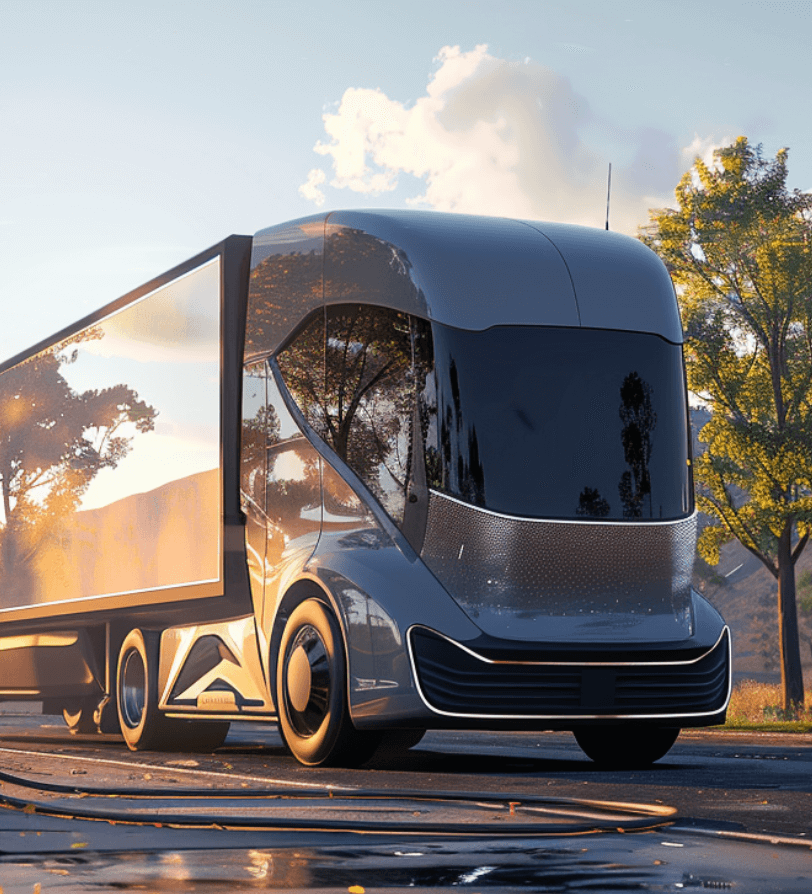The shift towards commercial electric vehicles (EVs) is not only a smart business move but also a crucial step in addressing environmental challenges. As businesses worldwide strive to reduce their carbon footprint, understanding the environmental impact of commercial EVs is essential. This article explores how commercial EVs contribute to sustainability and why they are vital for a greener future.

One of the most significant environmental benefits of commercial EVs is the reduction in greenhouse gas emissions. Unlike internal combustion engine (ICE) vehicles, EVs produce zero tailpipe emissions, eliminating the release of harmful pollutants such as carbon dioxide (CO2), nitrogen oxides (NOx), and particulate matter. This reduction in emissions leads to improved air quality, particularly in urban areas where vehicle emissions are a major contributor to pollution.
Furthermore, EVs have a lower carbon footprint over their lifetime compared to ICE vehicles. This includes emissions from manufacturing, operation, and disposal. By transitioning to commercial EVs, businesses can significantly reduce their overall greenhouse gas emissions and contribute to global efforts to combat climate change.
Commercial electric vehicles are inherently more energy-efficient than their ICE counterparts. Electric motors convert more energy from the battery to the wheels, resulting in less energy waste and higher operational efficiency. This efficiency translates to lower energy consumption and cost savings for businesses.
Additionally, many EVs feature regenerative braking technology, which recovers energy during deceleration and stores it back in the battery. This process not only extends the vehicle’s range but also reduces the overall energy consumption, making EVs a more sustainable choice for commercial operations.
Charging commercial EVs with renewable energy sources such as solar, wind, and hydropower further enhances their environmental benefits. By using clean energy to power EV fleets, businesses can achieve even greater reductions in carbon emissions. Investing in on-site renewable energy generation, such as solar panels, can provide a sustainable and cost-effective solution for charging EVs.
As the electricity grid continues to transition towards renewable energy, the overall emissions associated with EV charging will decrease. Supporting the shift to renewable energy sources enhances the positive environmental impact of commercial EVs and contributes to a greener energy landscape.
In addition to reducing air pollution, commercial EVs also contribute to a significant reduction in noise pollution. Electric vehicles operate much more quietly than ICE vehicles, resulting in quieter streets and improved quality of life for residents. This reduction in noise pollution is particularly beneficial in densely populated urban areas, where noise from traffic is a common concern.
Quieter operation is not only advantageous for the public but also for businesses that operate in noise-sensitive environments. Delivery services, for example, can benefit from quieter vehicles that reduce noise disturbances during early morning or late-night operations.
Many EV manufacturers are adopting sustainable materials and practices in vehicle production. This includes using recycled plastics, natural fibers, and low-impact manufacturing processes. By incorporating eco-friendly materials, manufacturers can reduce the environmental impact of vehicle production.
Advances in battery recycling technology also play a crucial role in the sustainability of commercial EVs. Recycling batteries enables the recovery of valuable materials such as lithium, cobalt, and nickel, reducing the need for raw material extraction and minimizing environmental impact. As battery recycling processes continue to improve, the overall sustainability of EVs will increase.
Commercial electric vehicles play a pivotal role in reducing greenhouse gas emissions, improving energy efficiency, and supporting the transition to renewable energy. By adopting commercial EVs, businesses can significantly contribute to environmental sustainability while enjoying the benefits of lower operating costs and enhanced performance. Embracing this technology is a crucial step towards a greener and more sustainable future.
